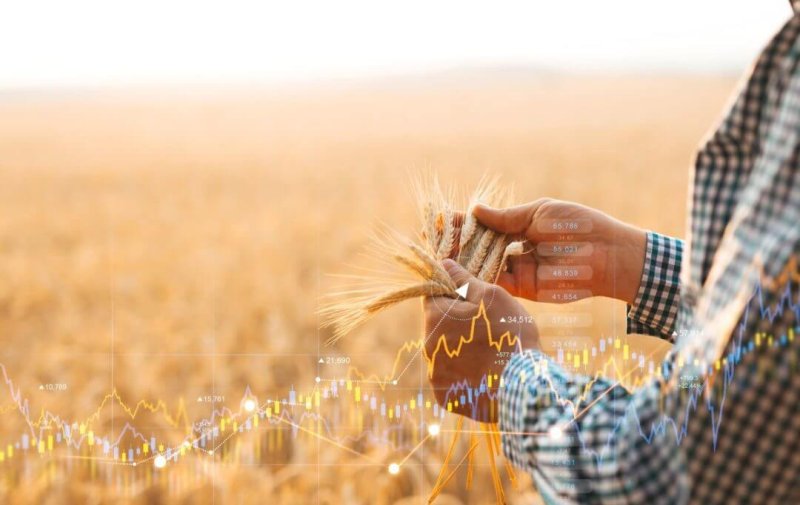
As food prices skyrocket and the [Ukraine] conflict threatens a global food crisis, we need to face another unpopular reality: Organic farming is ineffective, land hungry and very expensive, and it would leave billions hungry if it were embraced world-wide.
For years, politicians and the chattering classes have argued that organic farming is the responsible way to feed the world. The European Union pushed last year for members roughly to triple organic farming by 2030…. In the West, many consumers have been won over: About half the population of Germany believes that organic farming can fight global hunger.
Policy makers and nonprofits must urgently focus on ways to produce more food for the world’s poorest at less cost. Genetic engineering, better pest management and more irrigation would go a long way toward increasing yields. Ramping up the production of artificial fertilizer, as well as considering removing regulation that makes its fossil-fuel inputs more expensive, will also help. These simple, common-sense approaches can curb price hikes, avoid hunger and even help the environment. Agriculture already uses 40% of the ice-free land on the earth. Increasing its efficiency will allow us to keep more land wild and natural.
It’s time to let go of this self-indulgent obsession with organics and focus on scientific and effective approaches that can feed the planet.
[Editor’s note: Bjorn Lomborg is president of the Copenhagen Consensus and Visiting Fellow at Stanford University’s Hoover Institution.]































